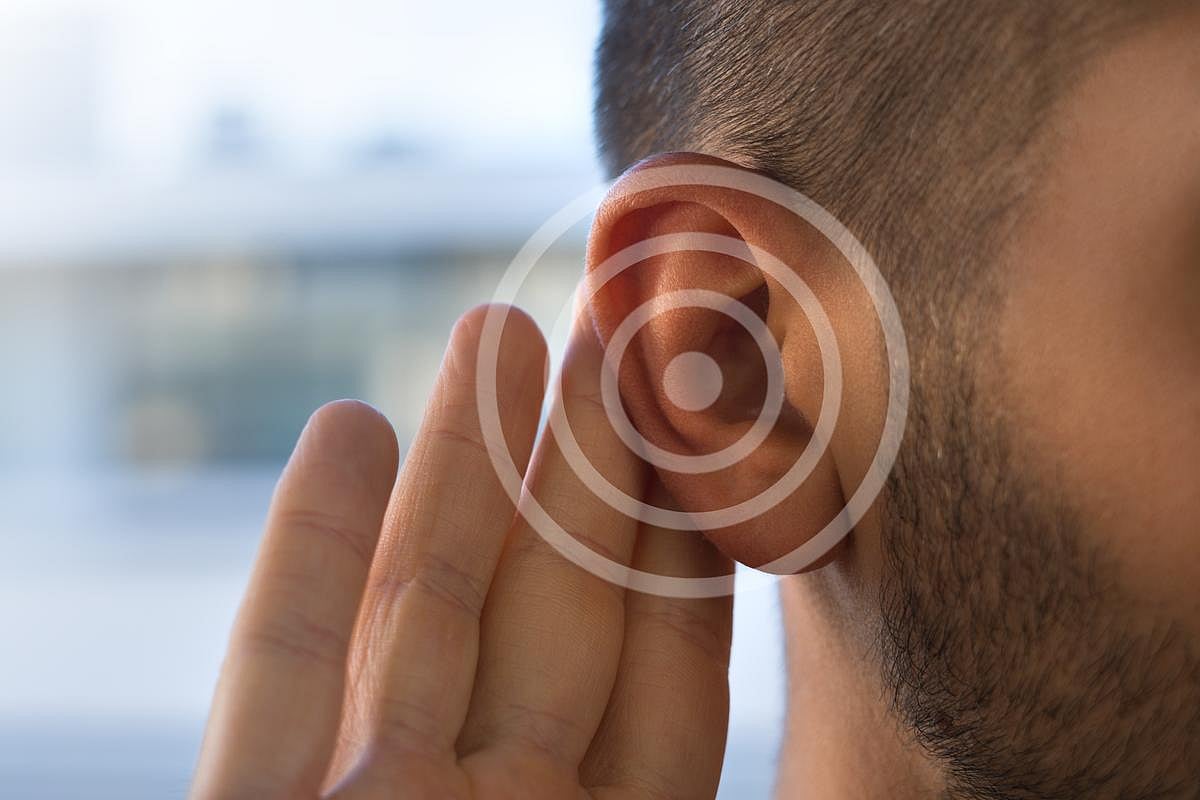Get Healthy!

- Ernie Mundell
- Posted August 1, 2025
Hearing Loss Can Keep Young People From Education, Jobs
Hearing loss prevents many young adults from achieving their potential in schooling and careers, new research suggests.
That’s especially true when impaired hearing hits young Black Americans or Hispanic Americans, the study found.
"Hearing problems may make it harder for people to communicate effectively at work, which can limit job opportunities and career growth,” explained study senior author Charles Ellis Jr., a professor and chairman of Speech, Language and Hearing Sciences at the University of Florida in Gainesville.
“These challenges can lead to lower wages, fewer promotions, and even unemployment, especially in jobs that rely heavily on listening and speaking,” he added in a news release. “Over time, this can widen income gaps and reduce financial security.”
The study was published August 1 in the journal Frontiers in Audiology and Otology.
The research was based on a large national database that followed the health and economic outcomes of thousands of U.S. children enrolled in high schools during the 1994-1995 school year.
The progress in life was tracked through to when the the 11,955 participants were between 33 and 43 years of age.
By the time participants were in their 30s and 40s, 1.4% said they’d suffered from hearing loss, 8.8% said they’d experienced tinnitus (“ringing in the ears”), and 1.4% said they had both conditions.
Educational attainment was generally lower for people with hearing loss and/or tinnitus, and these conditions also seemed to be tied to poorer overall health, the researchers reported.
When it came to the workforce, people with hearing loss had a 12% lower chance of being in paid employment compared to folks with no hearing issues, according to the study.
Race and ethnicity also seemed to matter: Black and Hispanic participants with hearing loss had respectively a 98% and 99% lower odds of being in paid employment compared to their hearing peers, Ellis and his colleagues noted.
“We found that these detrimental effects are especially pronounced among Black and Hispanic individuals, who face additional barriers to employment and income,” said lead author Molly Jacobs. She’s an associate professor at the university.
Removing any shame around hearing loss is one step to helping those who deal with this issue.
“Encouraging open conversations about hearing health and reducing stigma can also stimulate individuals to seek the help they need,” Jacobs said in a journal news release. “This can improve job prospects and help close income gaps for those affected."
There’s one obvious solution to many cases of hearing loss: hearing aids, which the authors point out are smaller and more powerful now than in the past.
Of course, many of these devices come with a high price tag.
"To reduce the impact of hearing loss on employment, we need better access to hearing care, early screening, and workplace support like assistive technologies or flexible communication options,” Jacobs said.
More information
Find out more about how to manage hearing loss at the Mayo Clinic.
SOURCE: Frontiers in Audiology and Otology, news release, August 1, 2025






